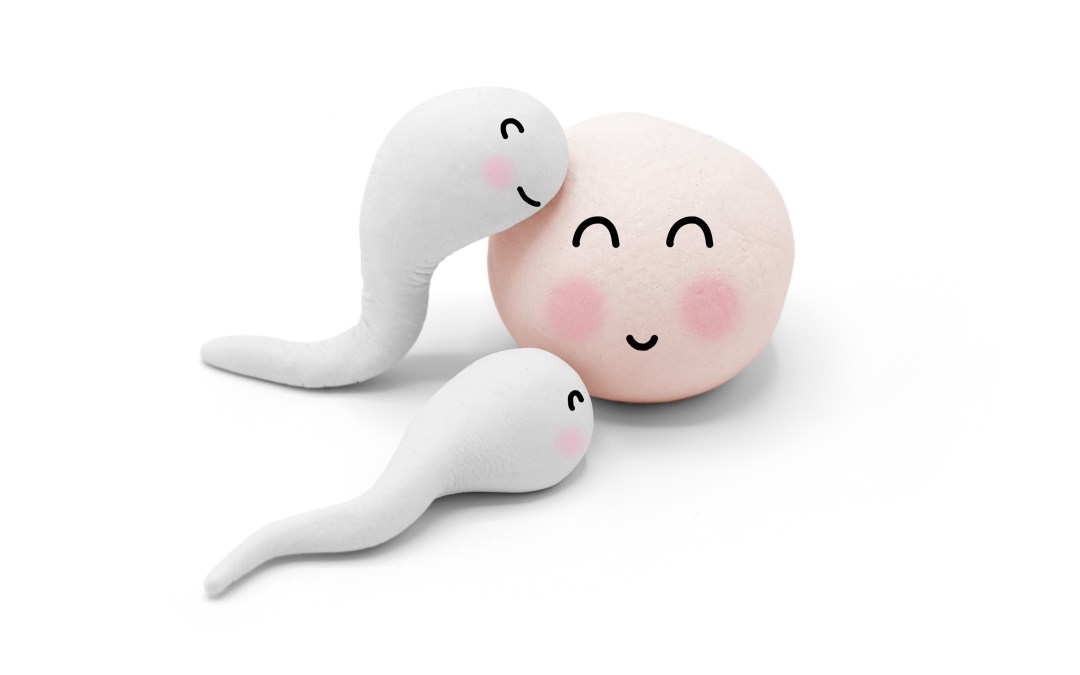How can I boost my fertility?
Each month, leading integrative health expert, Dr Andrew Weil, gives his definitive answer to a medical question

You can improve your chances of conception and a healthy pregnancy with a bit of planning. Visit your doctor a few months before trying to conceive; they can optimise the care of existing medical issues, make sure your immunisations are up to date, and help you reduce exposures to toxins. They can guide you towards following a balanced anti-inflammatory diet rich in brightly coloured fruit and veg, whole grains and cold-water fish.
Previous guidelines that advised pregnant women to limit fish intake to minimise mercury exposure were reversed, after it was shown that the omega-3s found in Alaskan salmon, herring, sardines and black cod, support healthy foetal nervous-system development. Those fish known to contain high levels of mercury, like king mackerel, tilefish and swordfish, should still be avoided.
Your doctor can also help you identify a good prenatal vitamin (PNV). Taking a high-quality PNV that contains iron, iodine and folic acid improves your chances of getting pregnant and reduces the risk of miscarriage and birth defects.
Along with your physical health, take stock of your emotional and spiritual wellbeing, your relationships, and your support system. Even low levels of chronic stress can suppress the release of hormones needed to produce a normal menstrual cycle and the proper release of an egg (ovulation). Practise healthy means of stress management, such as breath work and gentle yoga, and try to laugh daily.
You can increase the odds of conception by timing intercourse to ovulation; you may maintain a menstrual diary to estimate the mid-portion of your cycle when ovulation occurs, or learn how to assess changes in cervical mucus associated with release of an egg. You can also take your body temperature using a Basal Body Temperature (BBT) thermometer, which is able to detect the slight (0.4 to 0.6ºF) temperature rise associated with ovulation. Assess BBT for a few months to determine when you are likely to ovulate, and plan accordingly. Odds of conception are highest if intercourse occurs during the two to three days before your monthly temperature rise.
Ovulation prediction kits are available. For some, difficulty conceiving may simply be due to poor timing of intercourse with the days of likely ovulation. If conception continues to be elusive, consider traditional Chinese medicine, including acupuncture, which may improve the blood supply to reproductive organs, and decrease stress.
Photograph: iStock









